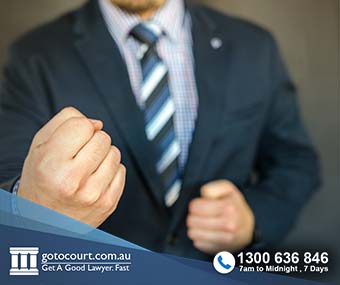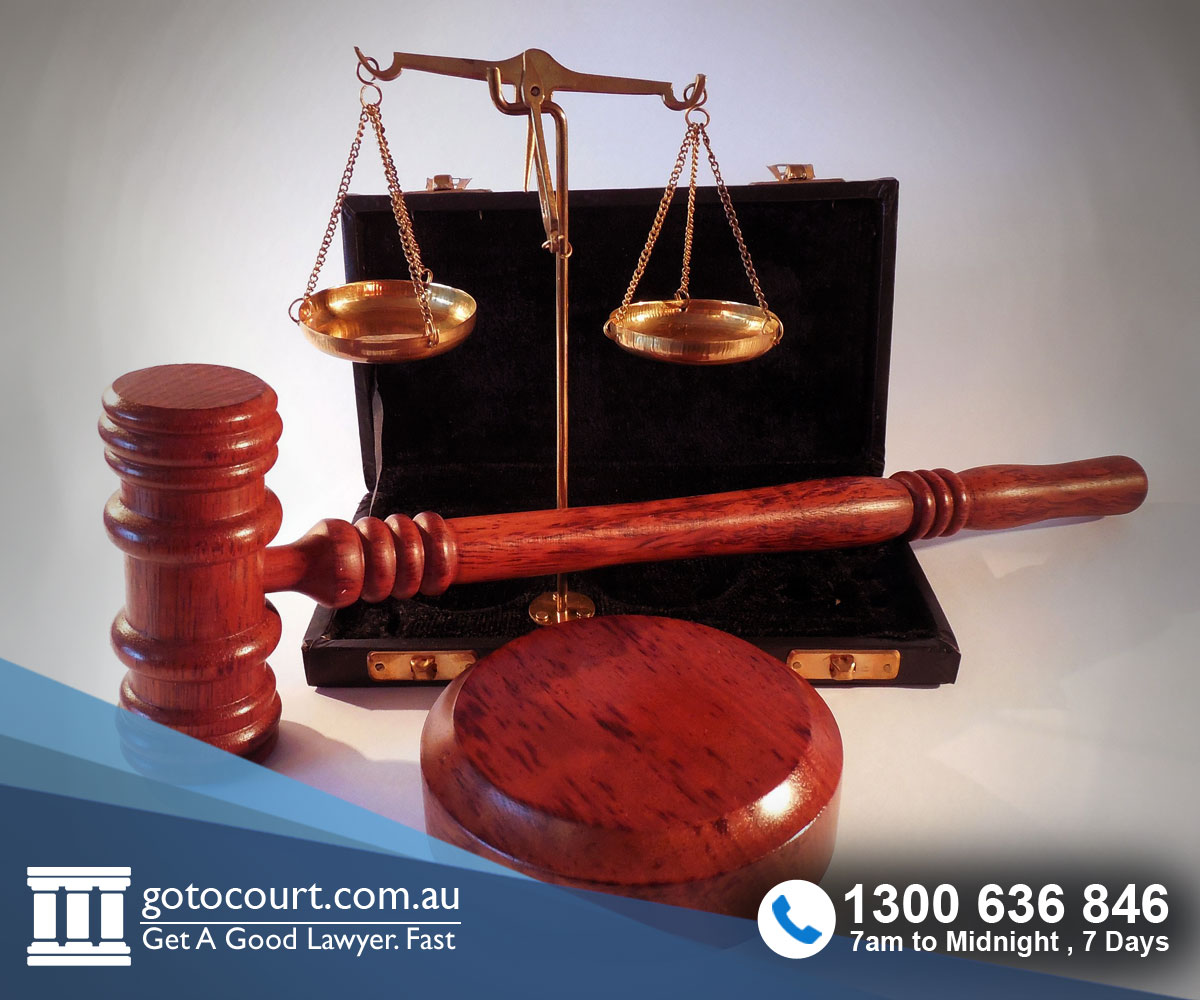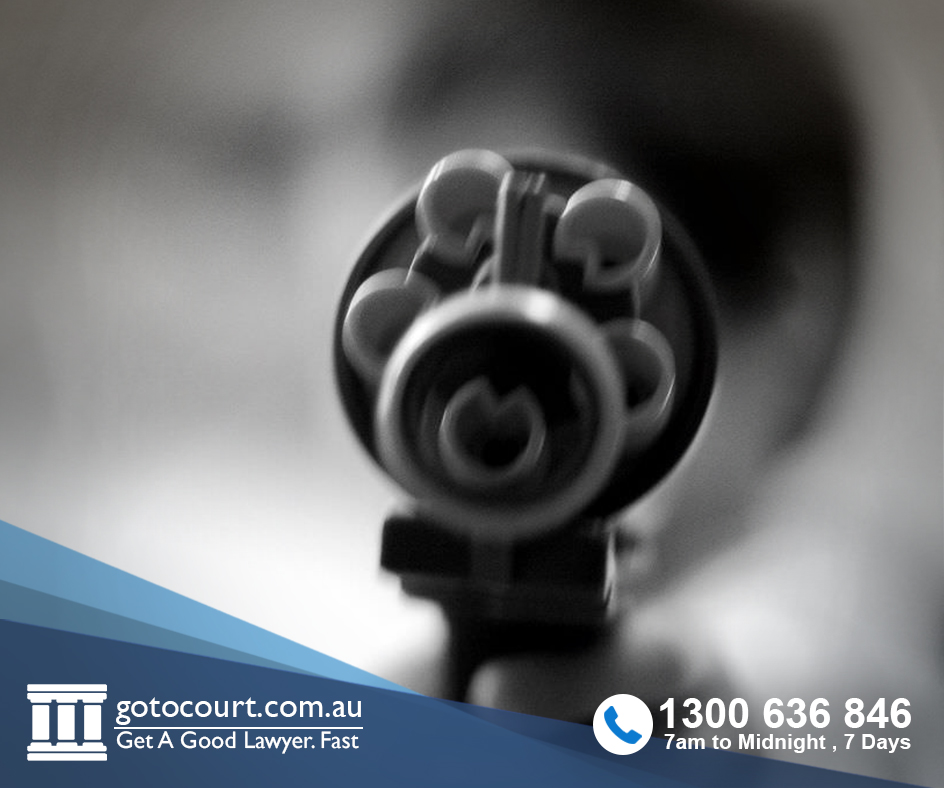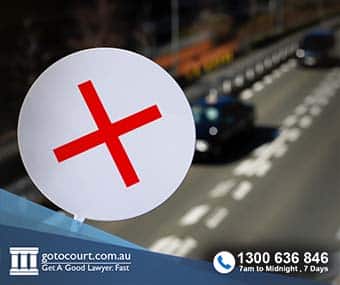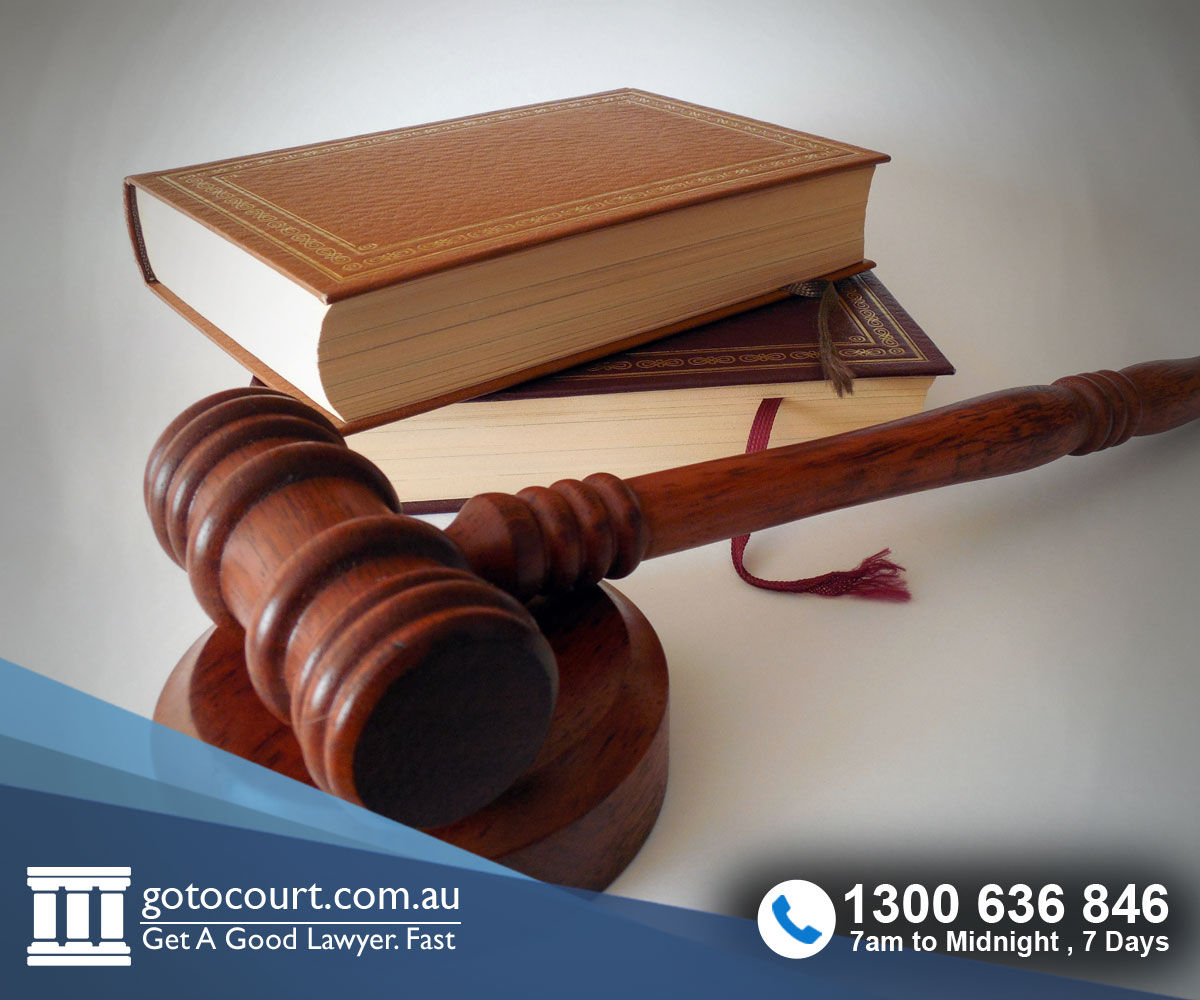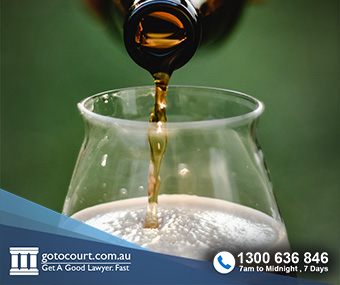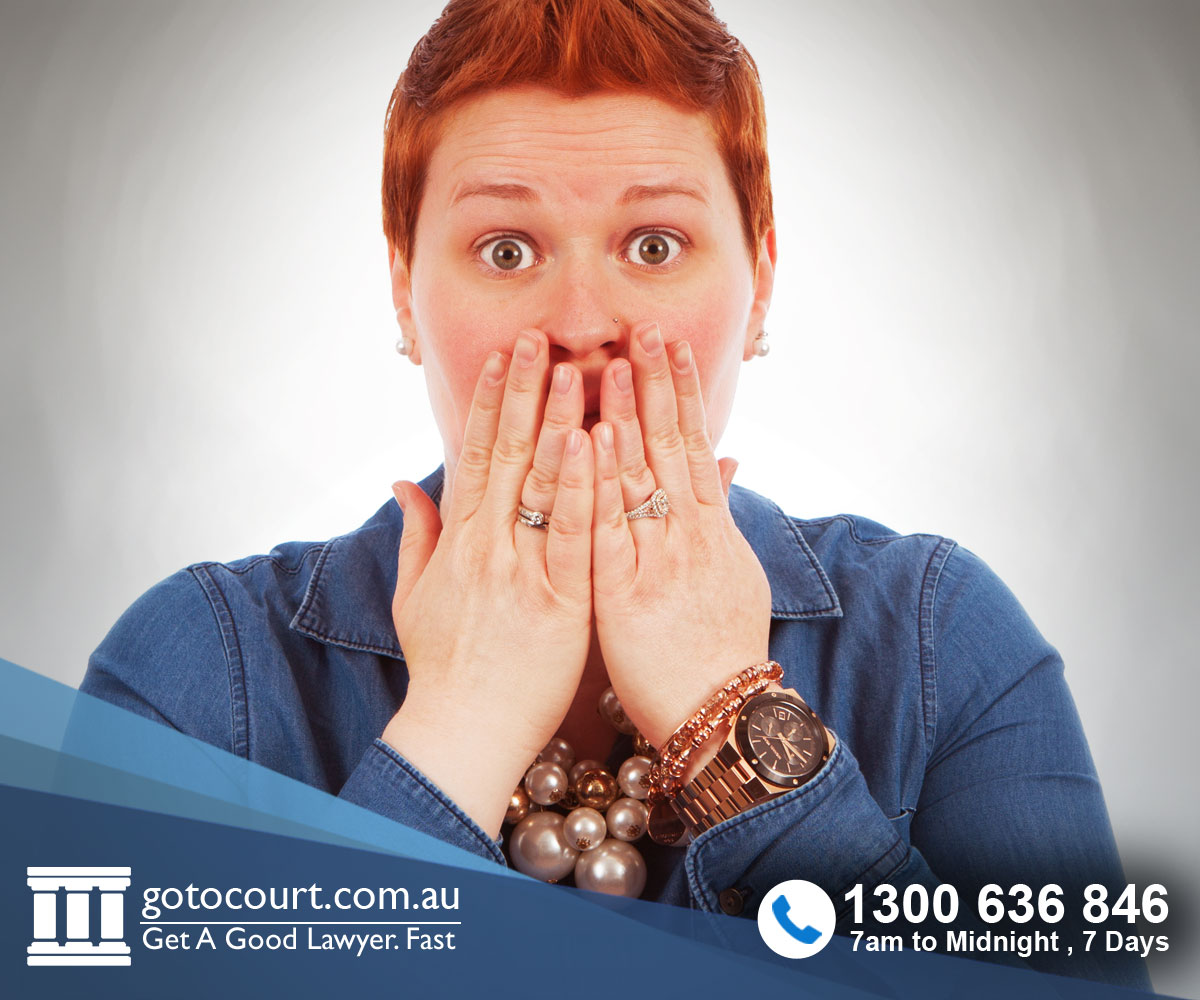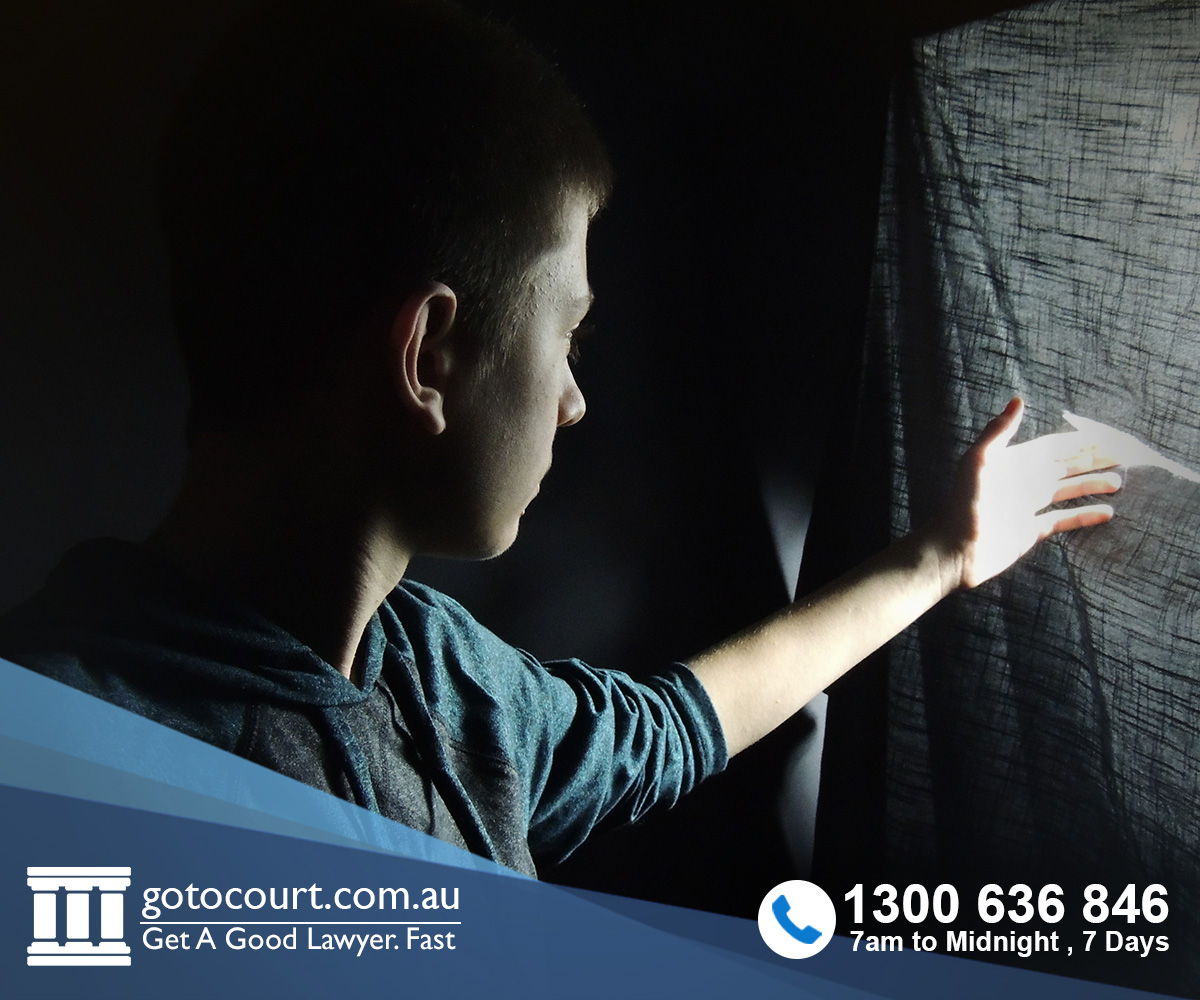Call our lawyers
now
or,
have our lawyers
call you
Criminal Defences in South Australia
Updated on Apr 19, 2023 • 5 min read • 380 views • Copy Link
Criminal Defences in South Australia
The legal defences that a person can rely on when charged with a criminal offence in South Australia are set out in the Criminal Law Consolidation Act 1935. This article summarises the legal criminal defences in South Australia.
What is a legal defence?
A legal defence exists when a person committed the physical acts making up an offence under circumstances that render their conduct innocent. A person can also contest a criminal charge on the basis of a factual defence, such as an alibi or mistaken identity.
Common law defences in South Australia
South Australia is a codified jurisdiction, meaning that common law principles have been set out in legislation. The defences set out below are derived from common law. The act also contains a provision that explicitly abolishes certain common law defences, such as provocation and necessity.
Self-defence
Self-defence is a defence to any criminal offence involving the use of force. This defence is set out in section 15.
A person is not guilty of an offence if they genuinely believed that their conduct was necessary for defensive purposes AND the conduct was reasonably proportionate to the threat that the accused perceived they were facing.
Once the defence raises self-defence, the prosecution bears the burden of proving that the accused was not acting in self-defence.
Partial defence to murder
If a person is charged with murder and can establish that they genuinely believed that their conduct was necessary for defensive purposes BUT their conduct was not reasonably proportionate to the threat they perceive they were facing, they have a partial defence. If established, this defence reduces a finding of guilt for murder to one for manslaughter.
Defence of property
In SA, a person can use force to defend property subject to certain conditions.
A person can use force to defend property if:
- They genuinely believe the conduct to be necessary and reasonable to protect property;
- to prevent trespass to land or premises or to remove a person who is trespassing;
- to carry out a lawful arrest.
If a person acts in defence of property and their actions result in death, they can rely on self-defence if they did not intend to cause death and were not reckless as to whether their conduct could result in death and the conduct was reasonably proportionate to the threat.
Duress
Duress is a defence to any offence other than murder or attempted murder. Duress exists when a person is subjected to threats of death or serious harm by another person if they do not carry out the acts making up the offence. The defence of duress means that the accused was essentially ‘forced’ to commit the offence by someone else.
The defence of duress is set out in section 15D, which states that a person is not guilty of an offence if, at the time of carrying it out, they reasonably believed:
- that a threat had been made and would be carried out unless they carried out the offence;
- carrying out the offence was the only way to avoid the threat being executed;
- the conduct was a reasonable response to the threat.
The defence of duress cannot be relied on if the person making the threat was someone with whom the accused was voluntarily associating for the purpose of carrying out conduct of this nature.
Sudden or extraordinary emergency
A person has a defence to any offence other than murder or attempted murder if they were acting in response to an emergency. This defence is et out in section 15E.
A person is not guilty of an offence if:
- they reasonably believed that circumstances of sudden or extraordinary emergency existed and that their actions were the only reasonable way of responding to the emergency; and
- their actions were a reasonable response to the emergency.
If the defence raises this defence, the prosecution must prove that the accused was not acting in response to an emergency.
Immature age
The age of criminal liability in South Australia is 10. This is set out in section 5 of the Young Offenders Act 1993. If a person who has been charged with an offence maintains that they were younger than ten at the time the offence occurred, this is a legal defence.
Mental incompetence
A person is not guilty of an offence in South Australia if they were mentally incompetent to commit the offence at the time it is alleged to have occurred. This defence is set out in section 269C of the Criminal Law Consolidation Act.
A person has a defence of mental incompetence if they can show that at the time of the alleged offence they were suffering from a mental impairment and as a result did not know the nature of their conduct or did not know that the conduct was wrong or would be perceived as wrong by a reasonable person.
If you require legal advice or representation in any legal matter, please contact Go To Court Lawyers.

Affordable Lawyers
Our Go To Court Lawyers will assist you in all areas of law. We specialise in providing legal advice urgently – at the time when you need it most. If you need a lawyer right now, today, we can help you – no matter where you are in Australia.How It Works







1. You speak directly to a lawyer
When you call the Go To Court Legal Hotline, you will be connected directly to a lawyer, every time.


2. Get your legal situation assessed
We determine the best way forward in your legal matter, free of charge. If you want to go ahead and book a face-to-face appointment, we will connect you with a specialist in your local area.


3. We arrange everything as needed
If you want to go ahead and book a fact-to-face appointment, we will connect you with a specialist in your local area no matter where you are and even at very short notice.


